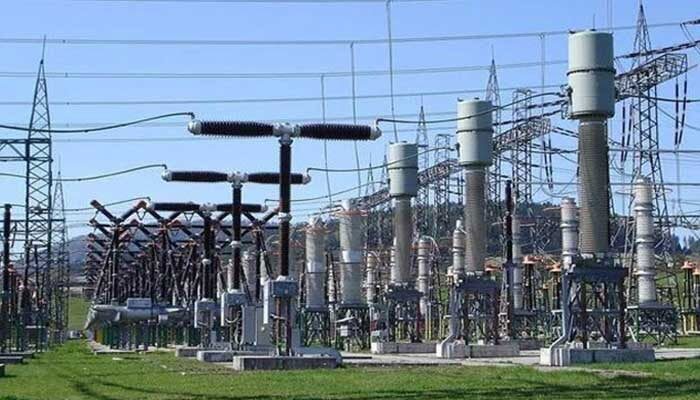ISLAMABAD: In one of the most damning indictments of malpractices and over-billing in the provision of electricity, the country’s power distribution companies have been accused of fleecing customers and overcharging them as much as 100pc.
In a comprehensive inquiry, the National Electric Power Regulatory Authority (Nepra) has found that distribution companies across the country, without exception, were overcharging and over-billing their consumers.
“There is [not a] single Disco in the country who is charging bills in 100% correct manner,” the power sector regulator concluded in its 14-page report.
The inquiry was launched after consumers from all over the country complained of “excessive, inflated, and wrong bills” charged by Discos in July and August 2023.
The report also called into question the integrity of Discos’ entire revenue streams — from meter reading to billing and penalties.
The allegations have been levelled at a time when the Discos are carrying out a countrywide campaign against power theft.
The report is based on field visits and actual and verified data for the two months, and cross-examination of the Power Information Technology Company (PITC) — a government subsidiary with access to power sector data.
The exercise was followed by hearings involving the power division and chief executive officers of Discos.
Startling revelations
The inquiry found that the actual amount charged to users differed from the snapshot of meter-reading available on their bills. In some cases, snapshots were “either invisible or deliberately not taken”.
Multan Electric Power Company (Mepco), Lahore Electric Supply Company (Lesco), Quetta Electric Supply Company (Qesco) and Sukkur Electric Power Company (Sepco) sent the most bills with invalid snapshots.
The consumers were billed beyond the mandated 30-day billing period, as a result of which “protected” consumers — those consuming less than 200 kWh per month consistently for six months — were charged the rate of upper slab users.
Under the law, meter readings should be taken for less than 30 days or a maximum of 30 days. However, Nepra found that 13.76 million consumers in the domestic category were billed on the basis of readings of more than 30 days in those two months, while 3.2m were charged a higher slab rate due to the extended billing period.
This moved 0.84m users out of the protected category, while the status of more than 52,800 consumers was converted to non-lifeline. Consumers using up to 100kW per month are classified as “lifeline”.
According to the Disco-wise breakdown, Mepco alone over-billed 7.99m consumers in July and August.
Gujranwala Electric Power Company (Gepco) overbilled 1.65m consumers, Faisalabad Electric Supply Company (Fesco) over 1.19m consumers, Lesco 1.17m, Hyderabad Electric Supply Company (Hesco) 730,105, Sepco 326,249, Peshawar Electric Supply Company (Pesco) 313,596, Qesco 164,987 and Islamabad Electric Supply Company (Iesco) 45,850. The data pertained to nine — out of 11 — Discos as K-Electric (KE) and Tribal Electric Supply Company did not provide full data.
The report, however, said that KE’s 78,000 consumers in July and 66,000 in August were issued bills on the basis of inaccurate snapshots.
A total of 10.68m consumers were billed for more than 30 days — the period, which in some cases, extended even beyond 40 days. Over 0.24m consumers were charged for a billing period of more than 40 days.
The report also found that the Discos billed over 0.4m consumers “on average” during these two months on the pretext of defective meters.
A total of 492,478 defective meters were in need of replacement by the end of August 2023. These meters had remained defective from two months to more than three years.
Under the law, such meters must be replaced within two billing cycles. The respective Discos, instead of replacing meters, charged users on an average basis from the period the meter was declared defective.
Almost 100pc bills of all the Discos, including KE, had various discrepancies.
Discos have also been sending “fake and frivolous” detection bills to consumers, leading to low recoveries, the report found. A detection bill is sent in addition to the usual consumption bill if a discrepancy is uncovered in the meter or when theft or other unauthorised use of electricity is detected.
According to the report, the recovery ratio of detection bills for Hesco and Sepco stands at a mere 5pc and 6pc, respectively. KE didn’t submit the details of recovery made against detection bills.
The regulator has recommended legal action against all Discos, including KE, for violating the regulations. “Discos may be directed to … revision of inflated bills on pro-rata basis. Discos shall correct the bills within one billing cycle and issue revised bills to the affected consumers … and submit compliance report within thirty (30) days,” the report recommended.


